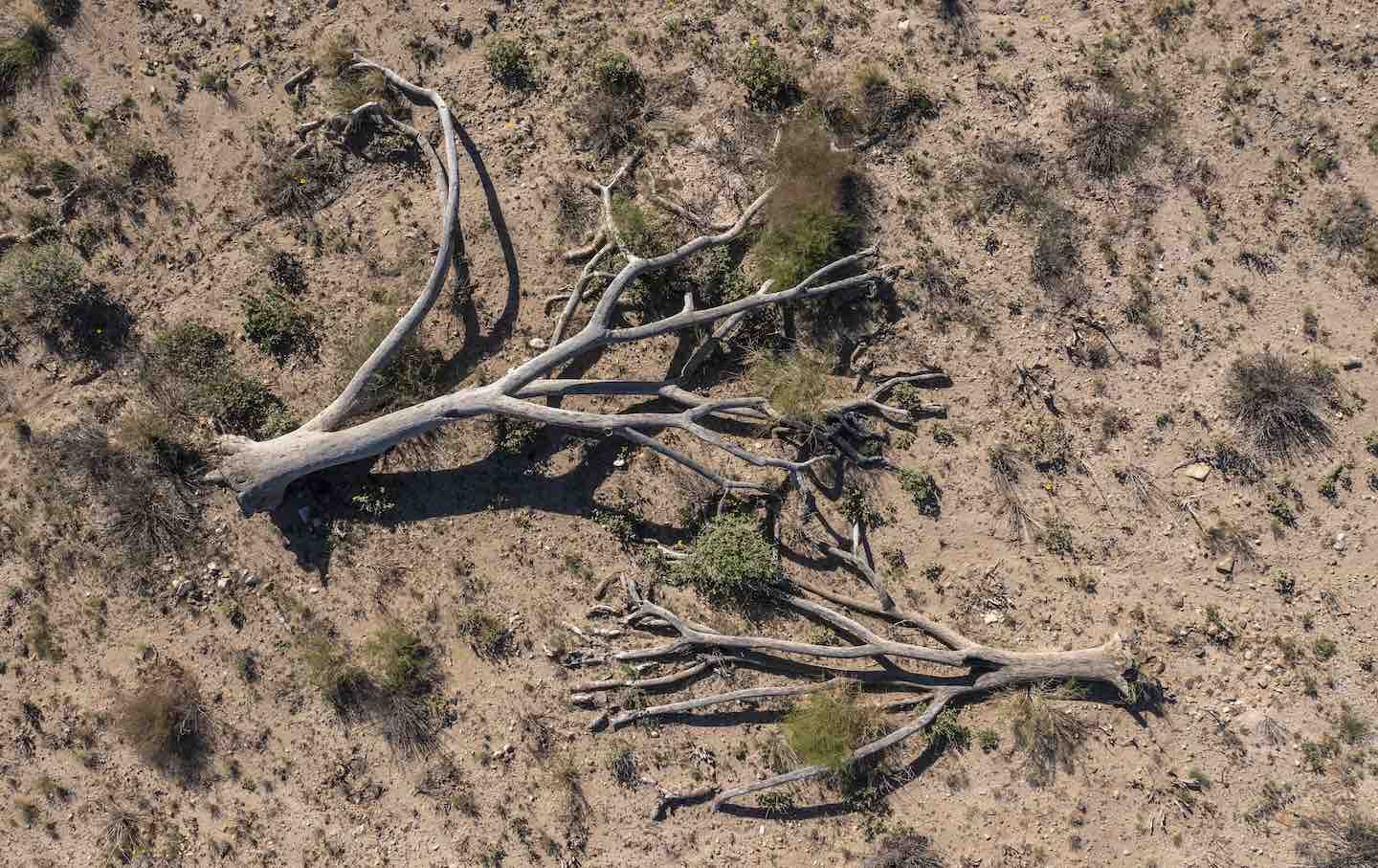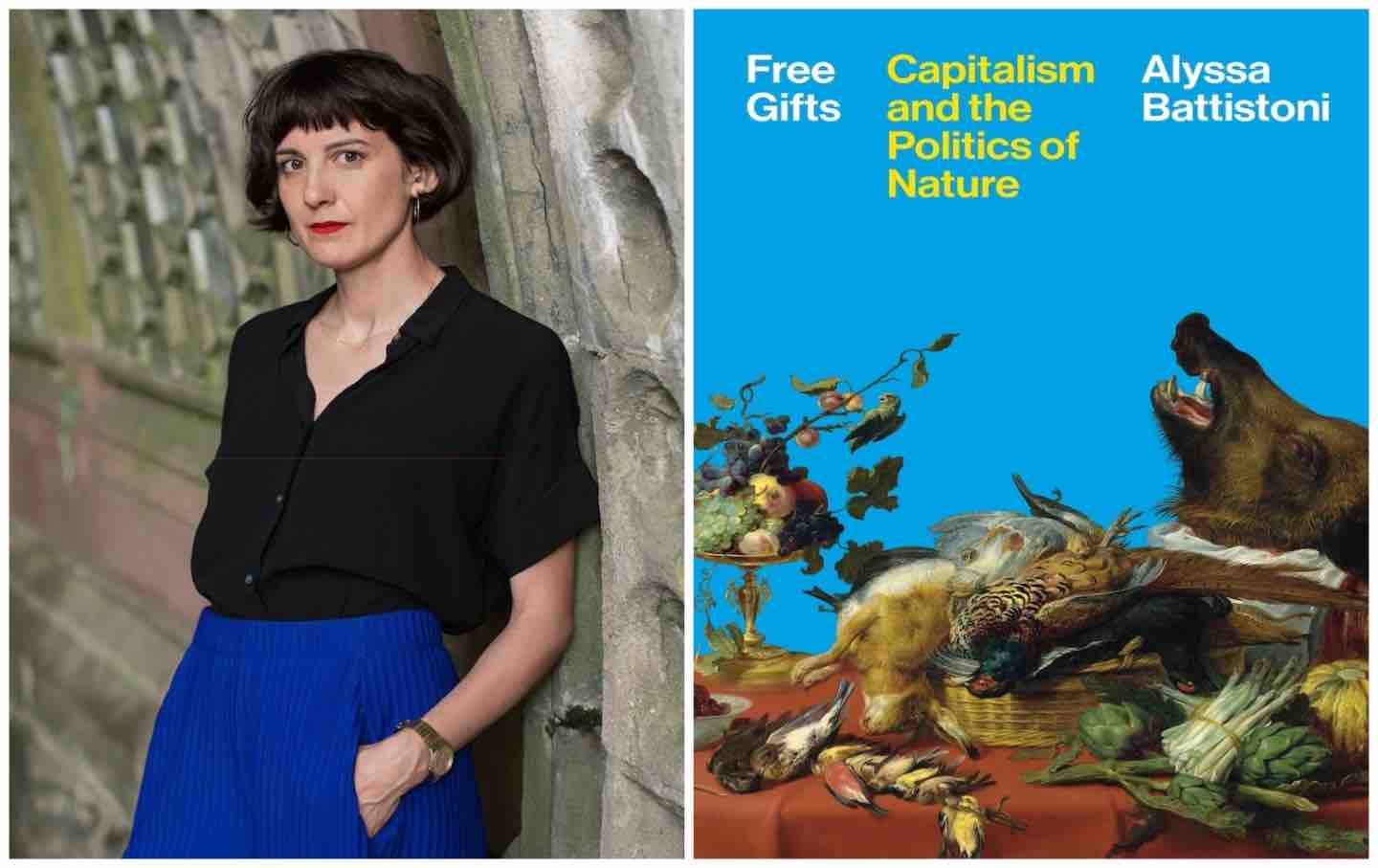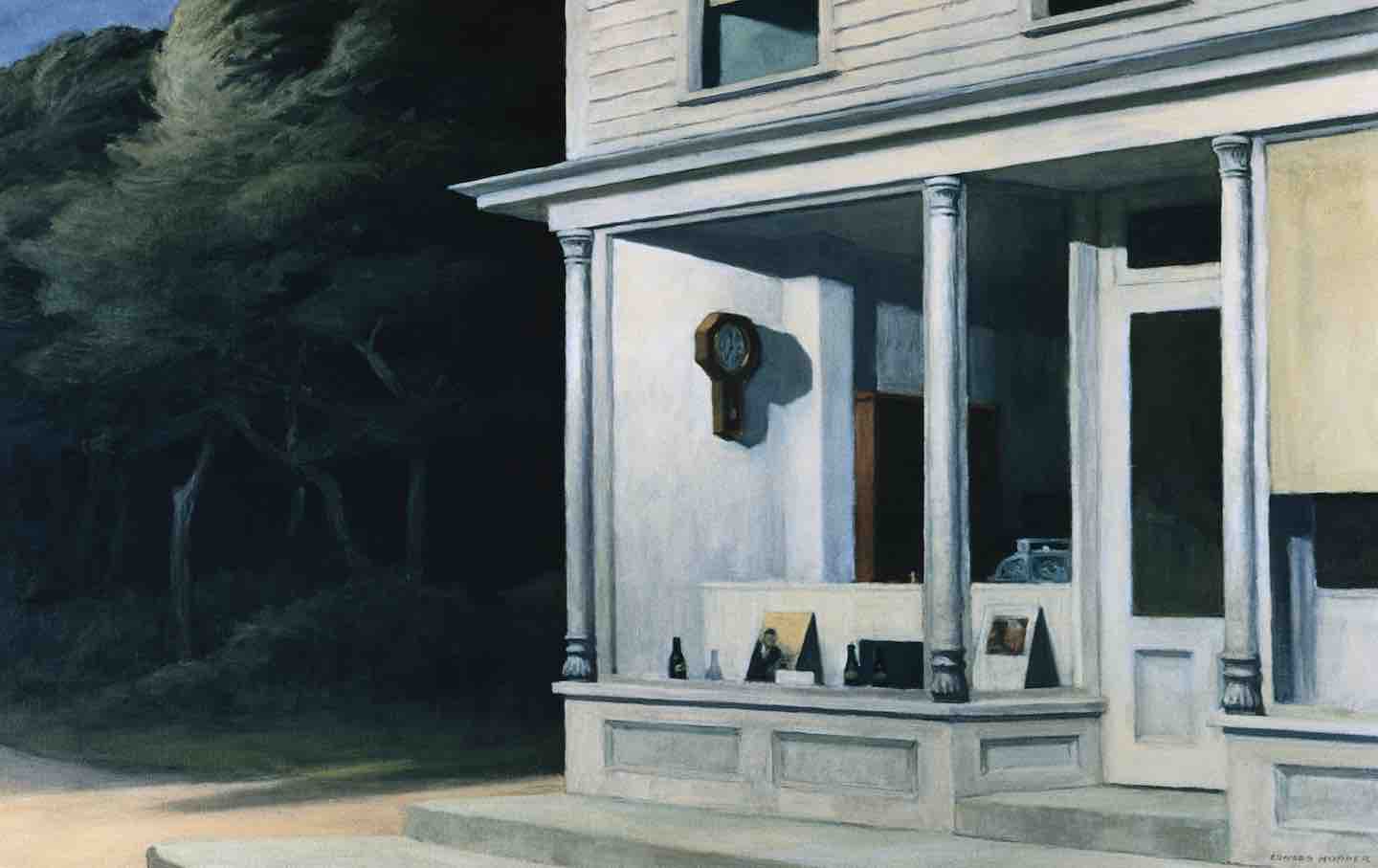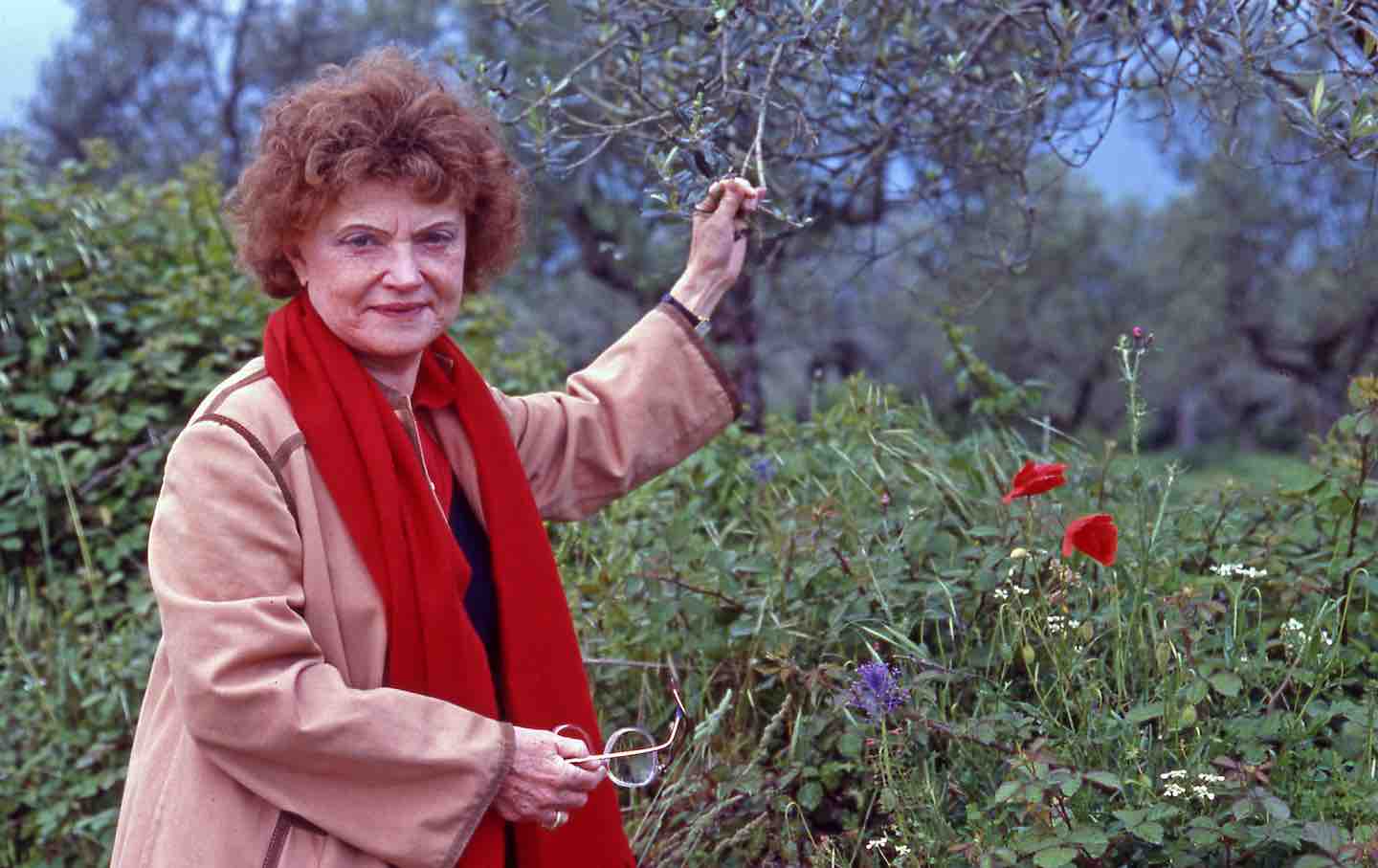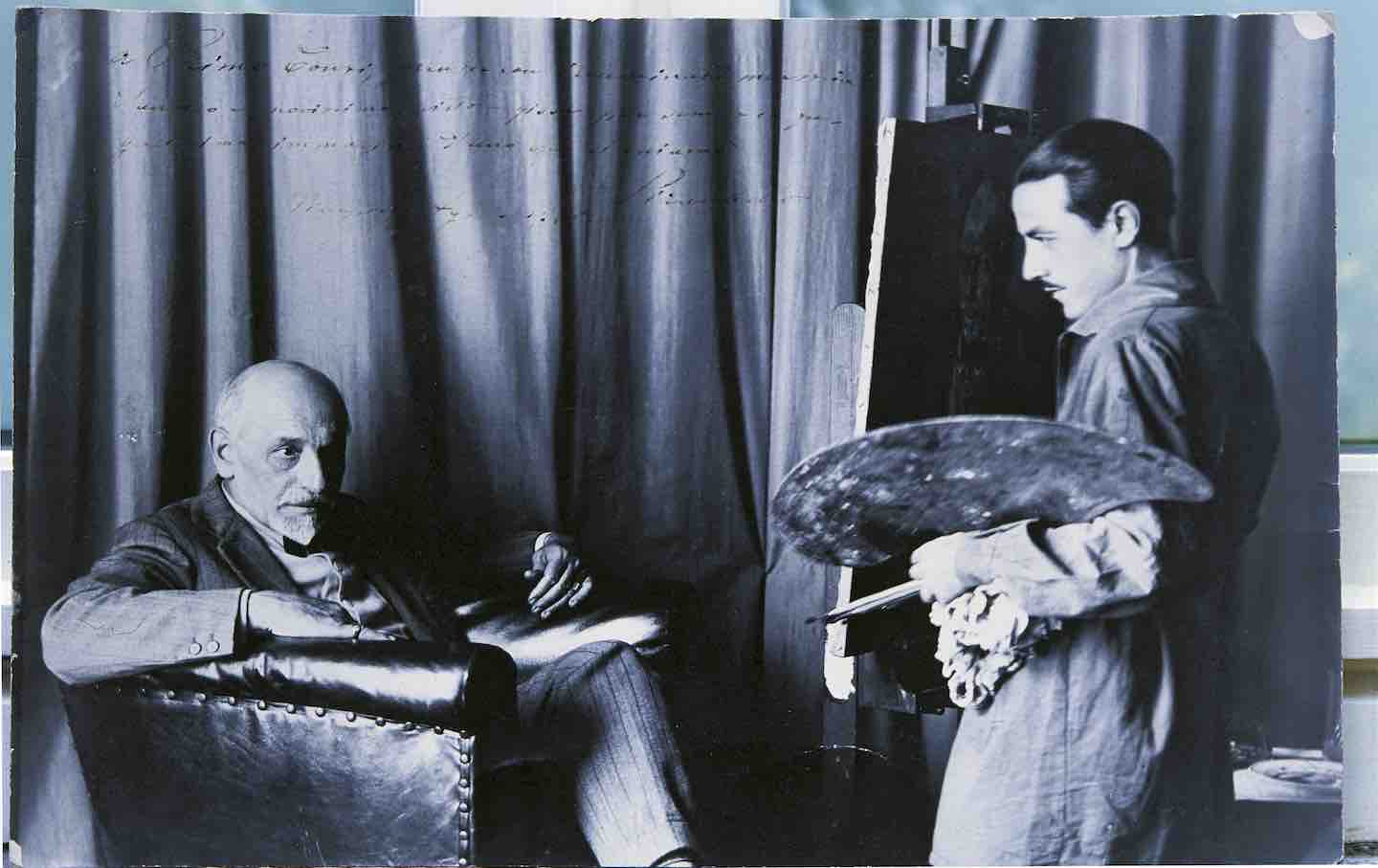Walking the Land
Because I was terrified, I learned nothing.
I had stepped in a papery nest of ground wasps:
a hateful swarm of them
wreathed up around me and writhed
and sang wordless rage.
One stung me on the neck
and I think I was shocked
more than I was hurt:
afraid of moving even an inch
because that was what the world had become.
I wonder if its frantic sting
was death for the insect whose mind was all red.
I don’t know my mind
so I’m making up a story:
whistling past a graveyard.
Something about a goose,
forever honking and charging, flogging, flying.
My grandfather there
and muscadines in the Georgia heat.
My grandfather smoked Winstons
and what could be more American
than choosing one’s future
decline. He broke one apart
in his palm, spat into it,
and smeared the poultice over my angry skin.
Would you call it a wound,
I asked a doctor
because there are hurts
that mean so little.
I want to say nothing imprecise.
I want to stand
(like I could, then)
in the pine shade of those trees
and not fill up
with murky nausea, soothed some by nicotine.
This will help,
my grandfather said. Like magic, you wait and see.
(This poem originally appeared in You Are Here: Poetry in the Natural World.)
Disobey authoritarians, support The Nation
Over the past year you’ve read Nation writers like Elie Mystal, Kaveh Akbar, John Nichols, Joan Walsh, Bryce Covert, Dave Zirin, Jeet Heer, Michael T. Klare, Katha Pollitt, Amy Littlefield, Gregg Gonsalves, and Sasha Abramsky take on the Trump family’s corruption, set the record straight about Robert F. Kennedy Jr.’s catastrophic Make America Healthy Again movement, survey the fallout and human cost of the DOGE wrecking ball, anticipate the Supreme Court’s dangerous antidemocratic rulings, and amplify successful tactics of resistance on the streets and in Congress.
We publish these stories because when members of our communities are being abducted, household debt is climbing, and AI data centers are causing water and electricity shortages, we have a duty as journalists to do all we can to inform the public.
In 2026, our aim is to do more than ever before—but we need your support to make that happen.
Through December 31, a generous donor will match all donations up to $75,000. That means that your contribution will be doubled, dollar for dollar. If we hit the full match, we’ll be starting 2026 with $150,000 to invest in the stories that impact real people’s lives—the kinds of stories that billionaire-owned, corporate-backed outlets aren’t covering.
With your support, our team will publish major stories that the president and his allies won’t want you to read. We’ll cover the emerging military-tech industrial complex and matters of war, peace, and surveillance, as well as the affordability crisis, hunger, housing, healthcare, the environment, attacks on reproductive rights, and much more. At the same time, we’ll imagine alternatives to Trumpian rule and uplift efforts to create a better world, here and now.
While your gift has twice the impact, I’m asking you to support The Nation with a donation today. You’ll empower the journalists, editors, and fact-checkers best equipped to hold this authoritarian administration to account.
I hope you won’t miss this moment—donate to The Nation today.
Onward,
Katrina vanden Heuvel
Editor and publisher, The Nation
Paul Guest is the author of four collections of poetry, most recently Because Everything Is Terrible, and a memoir, One More Theory About Happiness. His writing has appeared in Poetry, the Paris Review, Tin House, Slate, New England Review, the Southern Review, the Kenyon Review, Ploughshares, and numerous other publications. A Guggenheim Fellow and Whiting Award winner, he lives in Charlottesville, Virginia.


